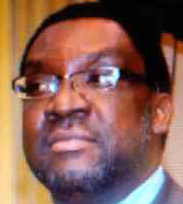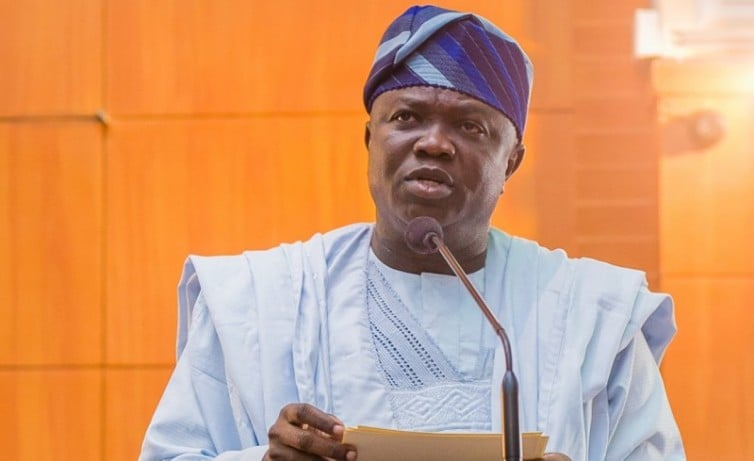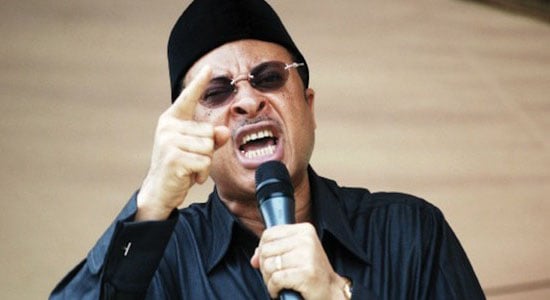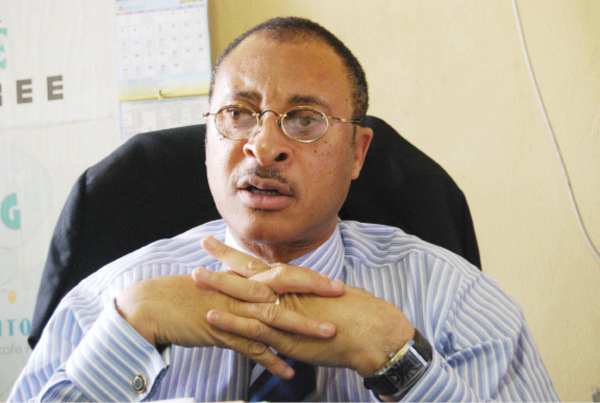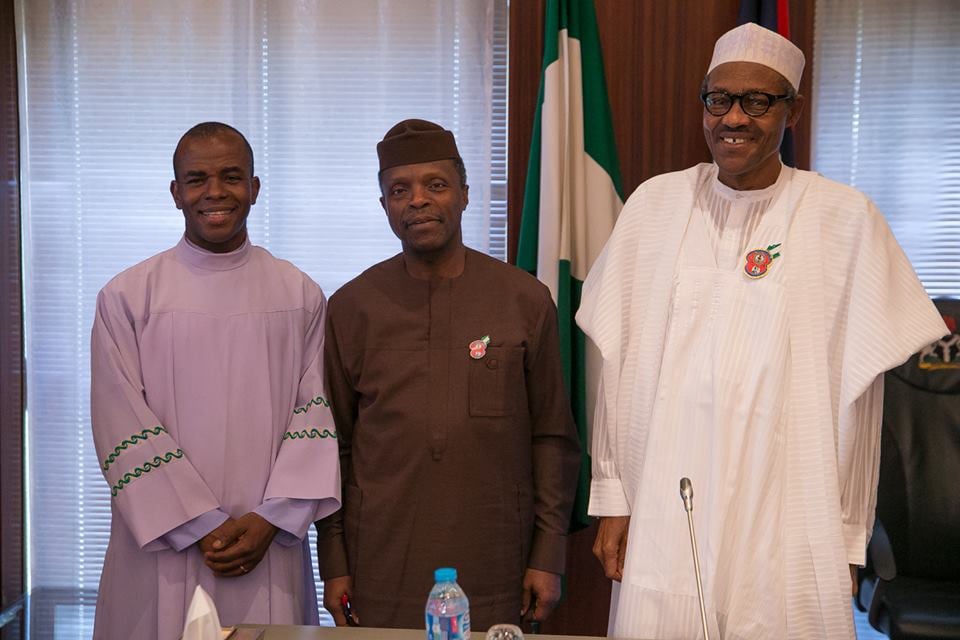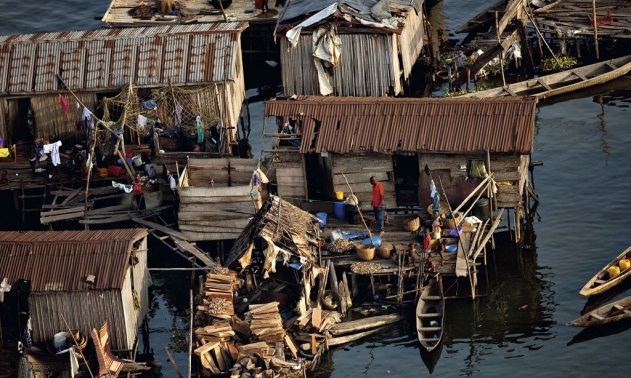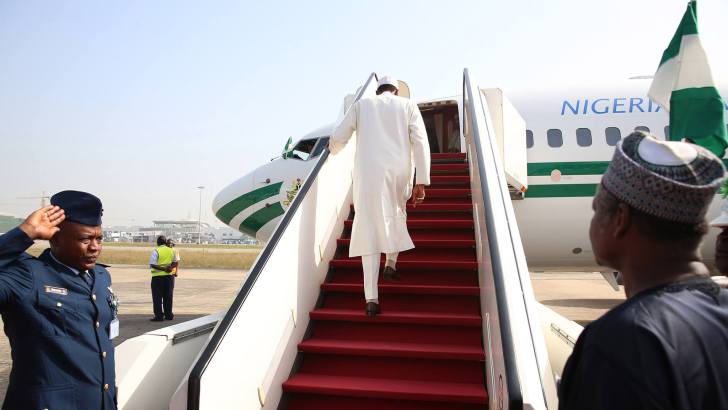The good news was received with the deserved enthusiasm.
Lagos State will finally be absorbed into the O’dua Group, comprising the five states of Oyo, Ogun, Osun, Ondo and Ekiti, which make up this 40-year old association that seeks political and economic integration in the old Western region of Nigeria.
What a great day it was on Tuesday January 19th 2016, which fortuitously happened on the 23rd floor of the historic Cocoa House in Ibadan, one of the prime legacies of this pan-Yoruba Group. It was there that the decision to approve in principle the admission of Lagos State as the sixth member of the Group was taken to the applause of not just Lagosians, but every ‘ Nigerian Westerner’ who could sense the benefits of such association of like minds.
Only the host governor, Senator Abiola Ajimobi and his Ekiti State counterpart, Mr. Ayo Fayose, were represented by their deputies. The other three governors – Ibikunle Amosun of Ogun State, Rauf Aregbesola of Osun State and Olusegun Mimiko of Ondo State, who read out the four-point communiqué were present at that momentous occasion where Lagos State was formally recognized as one of their own, a true Yoruba state, a bona fide member of the O’dua clan, which undoubtedly deserves to be in sync with the other states to which progressive ideology is synonymous.
Advertisement
By that collective decision, the Group of Five are asking Lagos to become one of the owner states of O’dua Investment Company Limited, which for almost 40 years has been managing the economic interests of the state governments of the old western region, an investment arm spanning real estate, hospitality, printing and publishing among others.
It was an enthusiastic Governor Akinwunmi Ambode that welcomed Lagos State’s admission into the O’dua group, describing it as a major landmark in the effort of the South-West states of Nigeria towards regional integration. It may have been long in coming, but its arrival, now at a time that each of the three tiers of government in Nigeria, like elsewhere world over, is determined to seek alternative ways of generating revenue as oil prices continue to tumble, validates the popular opinion that though Lagos may have adopted a multi-cultural and multi-ethnic ambience as Nigeria’s former capital city, it should not be denied its South-West, or shall we say Yoruba heritage, which is an unstated but valid prerequisite for the membership of O’dua Group. In viewing his state’s admission into this Group as a remarkable feat, therefore, Governor Ambode is apt in describing it as the right decision at the right time, particularly because of its socio-economic implication.
“The drive towards regional integration in the South-West of Nigeria cannot be effectively pursued,” according to Governor Ambode “if all the states in the region fail to combine their resources, work together and maximize their comparative advantages in order to build a strong regional infrastructural and social links amongst themselves.”
Advertisement
In other words, the need to speak to the thrust of regional integration in general terms and to the heart of South-West integration in particular, and how the exigencies of the present times demand that it may not be to the advantage of any state, no matter how blessed or prosperous, to choose to go it all alone becomes pertinent.
However, in welcoming his admission into a fold it rightly belongs, Lagos is not coming on board as an underdog. Without being immodest, the state that rightly enjoys the status of being the economic nerve-centre of Nigeria, whose Internally-generated revenue equals those of 31 other states put together and which, if it were an independent country, would be Africa’s sixth largest cannot be said to be inconsequential among the comity of cousin-states. As the ‘centre of gravity’ for the region, as one of the governors had jocularly described Lagos at another forum recently, the Centre of Excellence can, by this admittance, begin to relate on a familial basis with the rest five much more than it had been doing previously.
It had taken more than four years of debate to finally agree to bring Lagos on board. The reality must have dawned finally, that Lagos is no longer the capital city of Nigeria, a responsibility it carried for more than 75 years which had somewhat denied it a practical role in the sub-politics of the Western region. While the politicking lasted, Lagos, in the first instance, had provided the ideal base for a formidable opposition platform and the springboard through which the coalition of opposition parties could assume power at the centre, even while it had stopped functioning as the administrative capital of the country. It had ingeniously assumed the role of the power bloc of the West, politically and economically and had designed sustainable ways of looking after itself while not jettisoning the role of the special state it is forced to continue to play by looking after the citizens of other states resident in Lagos and contributing the largest chunk of levies and taxes like the Value Added Tax into the federal purse.
It had smartly taken a cue from the O’dua Investment Company, through its own IBILE Holdings, which, as the investment company of the Lagos State government, has been instrumental to the growth witnessed in the economic diversification and revenue generation of the state in the past 16 years. It derived this name from the first letter from the names of the five administrative divisions of the state – Ikorodu, Badagry, Ikeja, Lagos Island and Epe thereby using that name to also register its own fidelity to the heritage of its forebears.
Advertisement
In admitting Lagos to its fold, the O’dua member states have eschewed disparaging politicking and have welcomed a state that is already versed in governance of inclusion and which is strategic to the growth and development to the South-West region.
This can only be the beginning of a new dawn for the region. With four of the six states in the same party with the government at the centre, lobbing the federal government on policies that can change the lives of the citizens in the region can now be a lot better. The area of social infrastructure is one, especially on regional railway lines that can connect Ikeja to Ibadan, Abeokuta and Oshogbo effortlessly and move people daily from Iddo or Ibeju-Lekki to Ado Ekiti and Akure.
Security is another area where member states can explore mutually beneficial integration, taking a cue from the example that Governor Akinwunmi Ambode has laid in Lagos with the unprecedented donation of assets and patrol equipments that has reduced crime in Lagos by 65% in the last three months. Who says the fortification of the Border States cannot be done through a special Security Trust Fund for the whole of South-West, in such a way that access into entry point state into the zone has stringent security checks?
And for a region that once impressed the rest of the federation with its ingenious commitment to agricultural development, the South-West, through the O’dua Group, can now rejuvenate its progenitors’ exploits in the twin fields of agriculture and food security, with arable lands stretching from Epe and Ikorodu all through Ijebu lands and Oke Ogun in Oyo state, all the way up across Ede, Ile-Ife, Ilesa; Ekiti and the Ilaje lands in Ondo.
Advertisement
Gladly, the Group has approved a five-year strategic plan to grow the revenue base of the investment company from its current N4.5bn to N20bn by 2019. This means that as monthly allocations from the federal government dwindle, almost non-existent for at least one state in the zone as a result of the global oil crisis, the owner states of OICL are no longer satisfied with the N167m paid as dividends at its Annual General Meeting last October. Even though there were no dividends in the previous four years, present realities show that a well-integrated O’dua Group and a well-run OICL could target giving each of the states the equivalent of the wage bill of the least paid state in the region as yearly dividends by the middle of its strategic five-year plan.
Maybe now, the Airport hotel in Ikeja, which belongs to the Group, can now undergo the needed transformation that will make it compete. Perhaps, Sketch, once the darling of readers, can also break the jinx of its expected rebirth and provide another platform for credible news dissemination for the zone.
Advertisement
What is obvious, nevertheless, is that O’dua Group is saying without equivocation that like Lagos oil alone will no longer suffice.
The Group has done very well in the area of intellectual fortification through the Think Tank – the Development Agenda for Western Nigeria (DAWN) Commission and now with Lagos on board on OICL, it should in no time announce its preeminence among the six geo-political zones in Nigeria.
Advertisement
Views expressed by contributors are strictly personal and not of TheCable.
Add a comment
